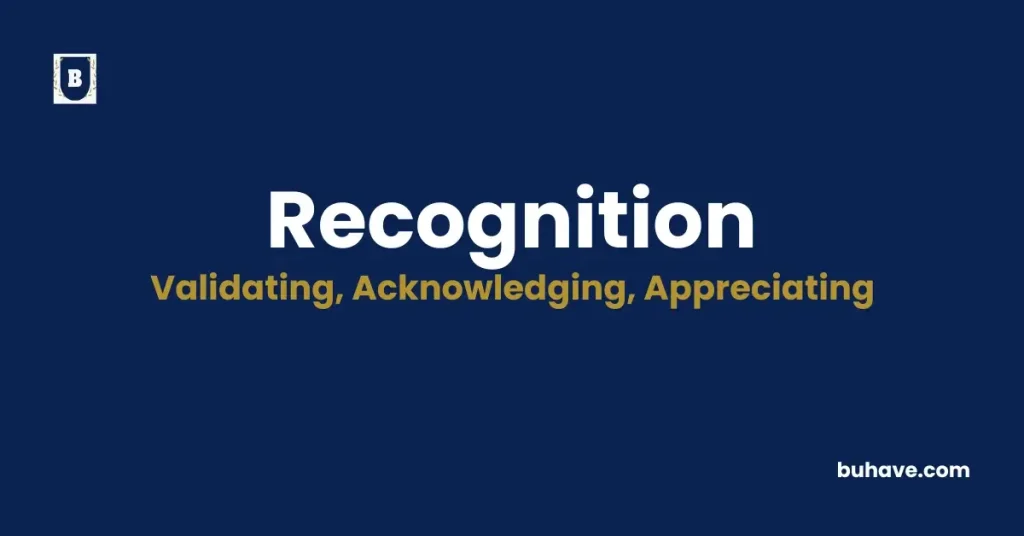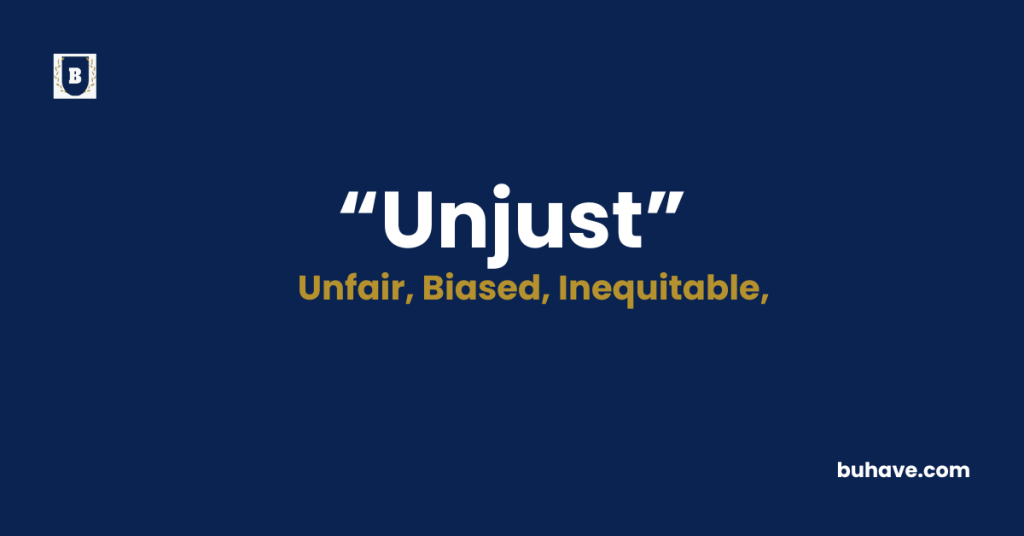The word ‘Limitless’ (Adjective) describes something that has no end, no boundaries, and no restrictions. At first, people often use this word to talk about possibilities and imagination. in this guide, you’ll learn the full definition, synonyms, antonyms, etymology, and real-life examples of how to use ‘Limitless’ correctly in sentences.
Limitless Explained in Depth
A complete and detailed guide to the words Limitless including meaning, definition, examples, etymology, synonyms, and antonyms.
Meanings of Limitless
Limitless means having no boundaries, no restrictions, and no end. At first, people often use this word when they want to express the idea of something so big or powerful that it cannot be measured. In addition, limitless can describe a feeling of complete freedom, where possibilities stretch as far as the mind can imagine.
Moreover, it brings the idea that growth, creativity, or potential can continue without stopping. Eventually,
Definition:
Limitless describes something that has no end, no boundaries, and no restrictions. At first, people often use this word to talk about possibilities, imagination, or potential that seems endless. In addition, limitless can describe anything so vast or powerful that it feels impossible to measure or contain.
Moreover, the word brings a sense of freedom and endless opportunity, inspiring people to dream bigger and aim higher. Ultimately, when something is called limitless, it reminds us that there are no walls or barriers stopping growth, exploration, or creativity.
Etymology:
The word “limitless” grew naturally from the idea of boundaries and the desire to break beyond them. Originally, it formed by combining the word “limit” with the suffix “-less,” which means “without.” First, “limit” came into English during the Middle Ages, borrowed from the Latin word “līmitis,” meaning “boundary” or “border.” Over time, English speakers used “limit” to describe restrictions or ends to something, like space, time, or opportunity.
Meanwhile, the suffix “-less,” meaning “without” or “lacking,” also traveled from Old English roots into modern usage. Eventually, people began joining “limit” and “-less” to create it a word that captured the idea of something with no boundaries at all. Since then, “limitless” has offered a powerful way to talk about endless possibilities, infinite potential, and the vastness of imagination. Today, when we say something is it, we celebrate the idea that nothing can hold it back.
Example Sentences:
- First, she realized her creativity felt limitless when she stopped doubting herself.
- Moreover, the team’s passion for innovation created limitless possibilities for new ideas.
- Meanwhile, the children explored the field with limitless energy and excitement.
- Therefore, the company believed its future growth could become truly limitless with the right leadership.
- In the end, their friendship showed limitless trust, no matter how many challenges they faced.
Limitless Synonyms:
- Infinite
- Boundless
- Endless
- Unrestricted
- Unbounded
- Immeasurable
- Vast
- Unconfined
- Bottomless
- Eternal
Limitless Antonyms:
- Limited
- Restricted
- Bounded
- Finite
- Confined
- Narrow
- Measurable
- Contained
- Ended
- Short-lived
FAQs about Limitless
Here are some Frequently Asked Questions (FAQs) about the word “limitless”
1. What does “limitless” mean in simple terms?
“Limitless” means having no boundaries or end. It refers to something that is infinite, unrestricted, or without limits in size, amount, or possibility.
2. Can “limitless” describe people?
Yes, you can describe a person as “limitless” when you want to highlight their potential, imagination, or abilities as being unbounded.
3. What are some common contexts where “limitless” is used?
“Limitless” is often used to describe opportunities, potential, space, love, creativity, or energy. For example: “limitless potential” or “limitless possibilities.”
4. Is “limitless” a positive word?
Most of the time, yes. “Limitless” usually carries a positive connotation, especially when describing freedom, opportunity, or human potential. However, it can sometimes be neutral or even negative in specific contexts (e.g., “limitless greed”).
5. What is the origin of the word “limitless”?
“Limitless” is formed by combining the word “limit” (from Latin limes, meaning “boundary”) and the suffix “-less”, which means “without.” So, “limitless” literally means “without limits.”
6. How is “limitless” pronounced?
It is pronounced as /ˈlɪmɪtləs/ – LIM-it-liss.
7. What are some synonyms for “limitless”?
Infinite, boundless, endless, unbounded, immeasurable, and vast.
8. What are some antonyms of “limitless”?
Limited, finite, restricted, confined, and bounded.
9. Is “limitless” suitable for formal writing?
Yes, “limitless” is appropriate in both formal and informal writing, especially when emphasizing scope, scale, or potential.
10. Can you use “limitless” to describe abstract concepts?
Absolutely. It is commonly used for abstract ideas such as limitless imagination, love, strength, or ambition.
Read more L words






